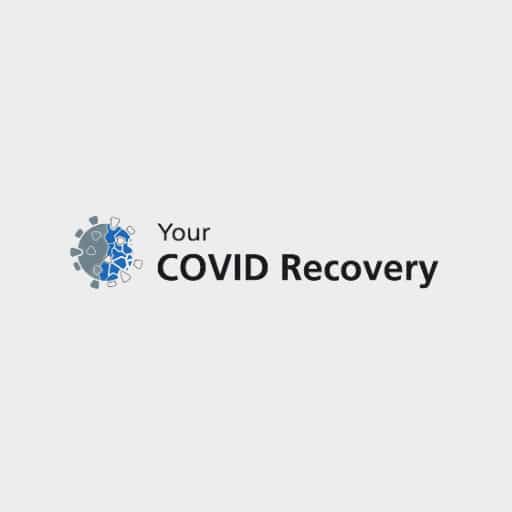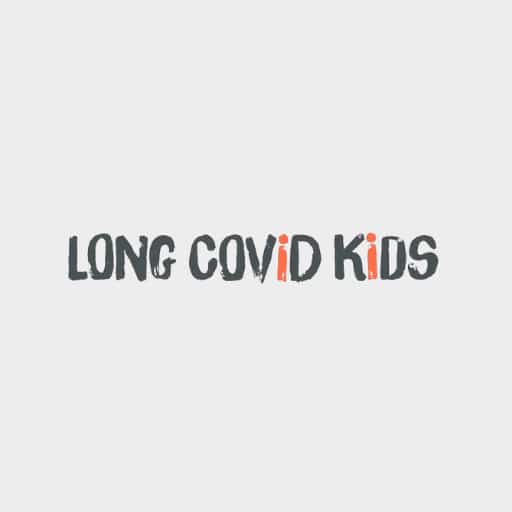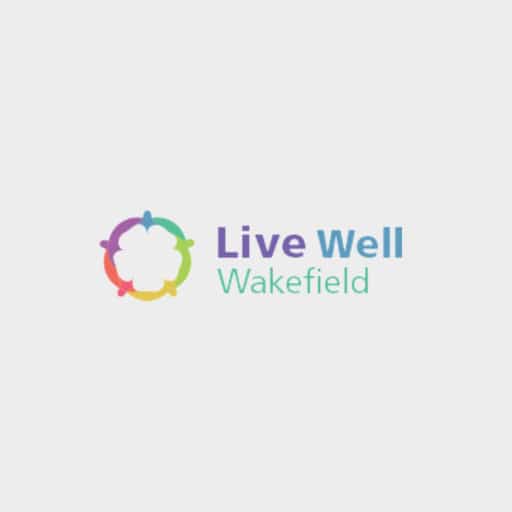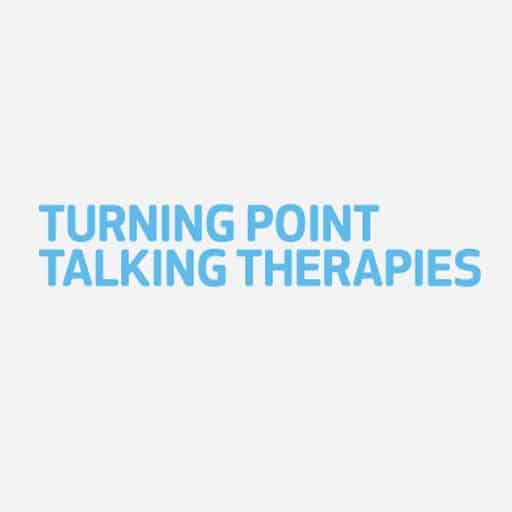
Post covid recovery
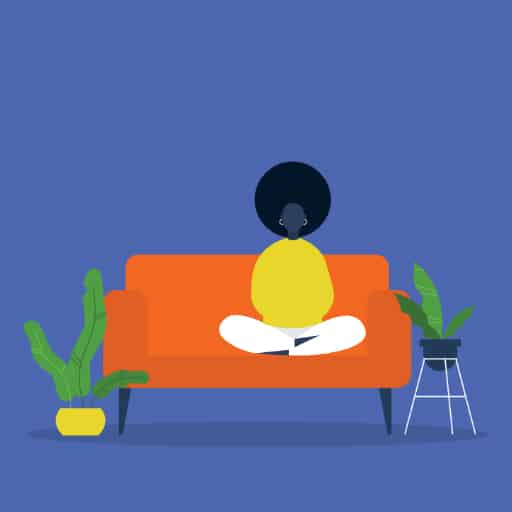
Illnesses can have different effects on your body.
Sometimes, you may still have some symptoms of an illness after it has ended and the infection has gone. For example, some people that have had COVID-19 experience symptoms for some weeks after having the infection.
You may hear people call this ‘Long COVID’ or ‘Post COVID’. It is normal to take a while to get back to feeling your usual self- up to 4 weeks and even up to 12.
But if you are still feeling unwell after 12 weeks, this is when we start to think about Long Covid.
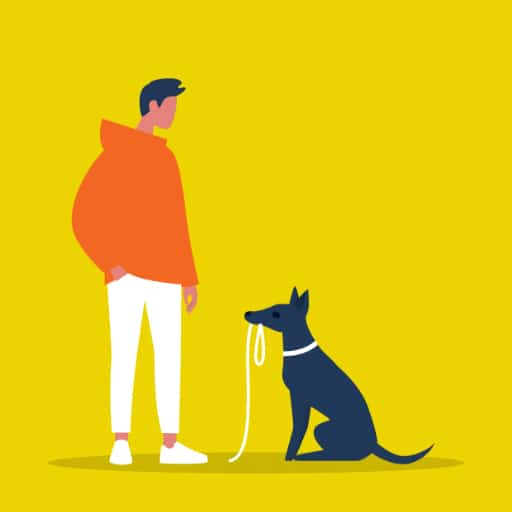
Some symptoms that you may experience after having a virus (including COVID-19) may include:
How to Help Manage Your Symptoms
When you are recovering from an illness, it is important to listen to your body and how you are feeling.
The amount of time that it takes your body to recover is different for everyone, but there are some things that you can do to help!
Check out our top tips and useful information below.
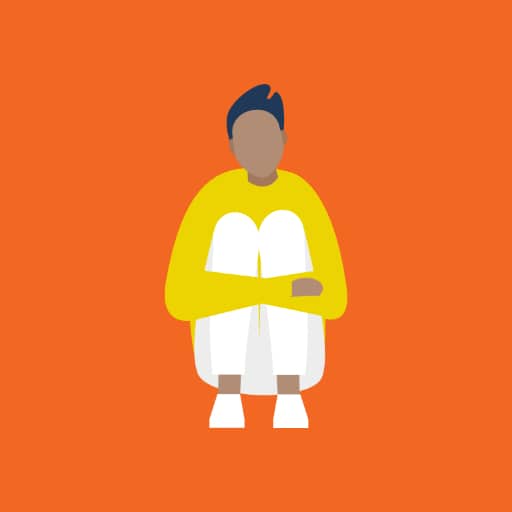
Things you can do to help with fatigue (always feeling tired):
- Check out Your COVID Recovery- An NHS website supporting your recovery after Covid-19
- Try pacing yourself throughout the day- check out the 'Pacing Myself' Guide (scroll down to view or download)
- Walking or gentle exercise such as stretching, Yoga/ Pilates or breathing exercises- check out these gentle exercise videos and have a go!
- Why not try downloading the Pokémon Go or Geocaching app and have an outdoor walking adventure!
If the tiredness is affecting your normal activities like walking upstairs or wanting/ needing to sleep all the time, 2 weeks after your illness, then you should contact your GP for advice. Book an appointment to see your GP who may want to do some tests.
Other useful sites include:
Live Well Wakefield
Turning Point Talking Therapies
WF-I-Can: Looking After Yourself
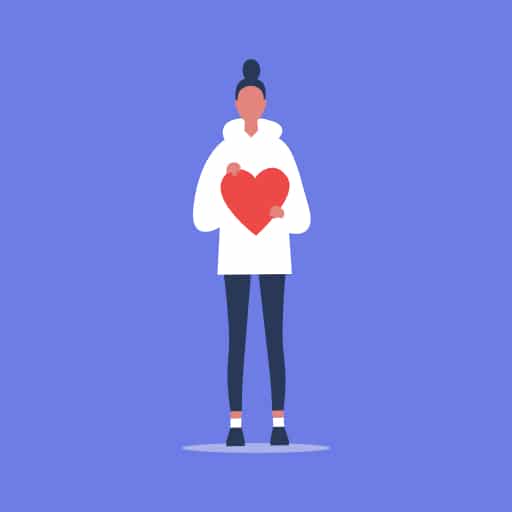
Things you can do to help with low mood (feeling down):
- It’s always good to tell people how you feel; why not try talking to a trusted adult, your GP, School Nurse or Teacher?
- Have a look at the NHS Your COVID Recovery site for information about the effects on your mind
- Check out Long Covid Kids- A website supporting children and young people (and their parents and care givers that look after them) living with long covid and related illnesses. Connecting with others can make us feel secure and happy!
- Have a go at making a self-care routine or try the 'Uplifting Things I Can Do' sheet. Start by writing a list of things that you enjoy doing.
- Spend some time being mindful or doing some meditation- why not check out our Mindfulness page?
- Spend some time outside; maybe go for a short walk or sit and look at the clouds, you could even try drawing the view from your favourite outdoor spot!
- Check out WF-I-Can: Looking After Yourself
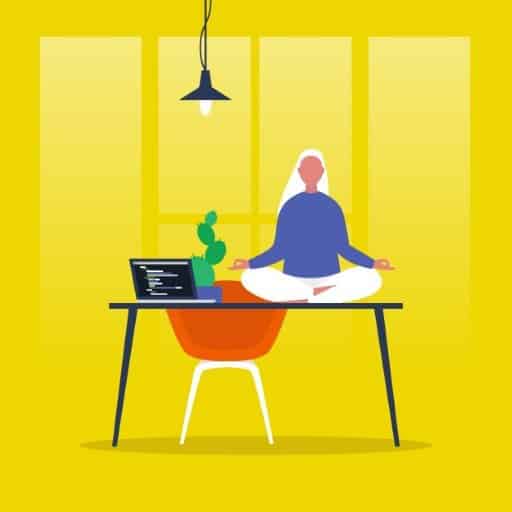
Things you can do to help with joint and muscle pains (or stomach-ache):
- Check out the NHS Your COVID Recovery page about post COVID joint and muscle problems
- Why not try having a bubble bath and a long soak or a warm shower?
- Hot water bottles are a great way to help relieve aches, pains, and stomach-aches
- Taking part in gentle exercise such as light stretching, some Yoga or Pilates can help to relieve aches and pains.
If these symptoms do not get better after 4 weeks then please contact your GP for advice. - Have a chat to your parents, carers or guardian about whether it is possible to take some pain relief
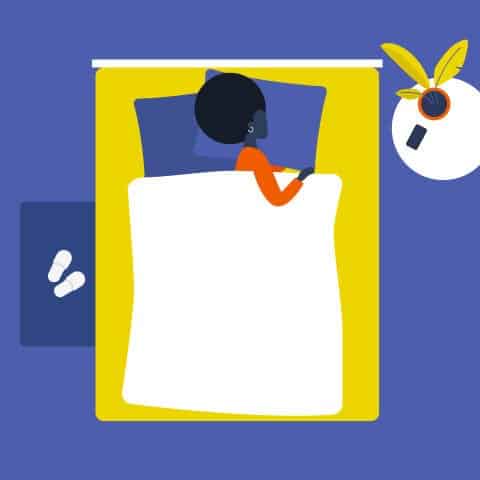
Things you can do to help with problems sleeping:
- Check out the NHS Your COVID Recovery page about Sleeping Well
- Book an appointment with your GP or a nurse to talk about your problems with sleep
- Try to move about and do some light exercise around 3 hours before bed time
- Spend some time outside after school
- Don’t have lots of food before bedtime (try a glass of milk or light snack- have you heard of ‘sleepy foods’?)
- Don’t have fizzy drinks, energy drinks or coffee after lunchtime, but do have plenty of water
- Try to set a time to go to bed every night, so your body gets used to going to sleep then:
- Turn off all devices one hour before going to bed
- Read a book or listen to calm music before you go to sleep
- Keep the room cool (opening a window a little bit might help)
- Check out our ‘Sleep Matters’ page for more info - Check out the Teen sleep – everything you ever wanted to know film (scroll down)
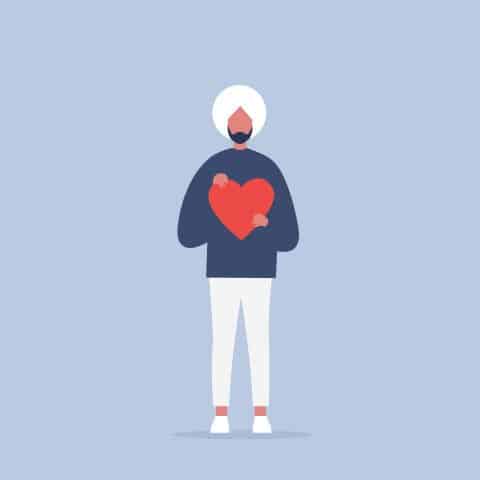
Things to help with cold and flu-like symptoms:
If these symptoms do not get better after 4 weeks then please contact your GP for advice.
- Have a go at trying out some herbal teas or other warm drinks to help a sore throat
- Swap a sweet snack for a piece of fruit to help boost vitamins
- Get plenty of rest! Try and factor in some relaxation time in your evening routine- what do you find relaxing?
- Why not try and learn something new or take up a new hobby such as knitting or Origami? You could even print off some of our Weekly Challenges! Looking at screens and devices can often cause headaches.
- Have a chat to your parents, carers or guardian about whether it is possible to take some pain relief
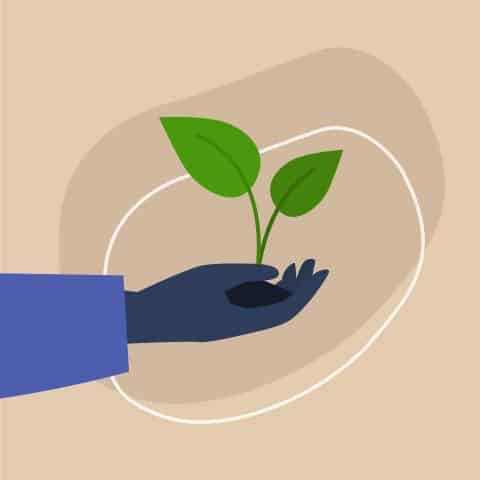
Things to help with rashes and skin conditions:
- Have a look at the Skin Disorders page on the NHS Your COVID Recovery site. You can seek advice from the pharmacist at your local chemist, the nurse or GP - Try and stay away from perfumed body sprays and moisturisers if you have a rash- these can often irritate your skin more

Experiment 19 Game
Experiment 19 was made by young people from Wakefield, UK, who designed a game to reflect their battles with covid and different coping mechanisms they have used. Each threat in the game has a parallel to a real-life effect or symptom of Covid19. The solutions also parallel the ways you can get through the difficulties Covid19 can bring. Produced by Impact Gamers, Bradford.
The planet “Cornoa” had a testing site on it. The project was called “Experiment 19” and the results were disastrous. Now infected with a polluted atmosphere, you have to go and clean up the aggressive mutant viruses that now exist there. Stay focused, Stay armed but most importantly always Stay safe.
Click here to read more and view artwork from the game-making process
Click here to play the game online
Useful Links
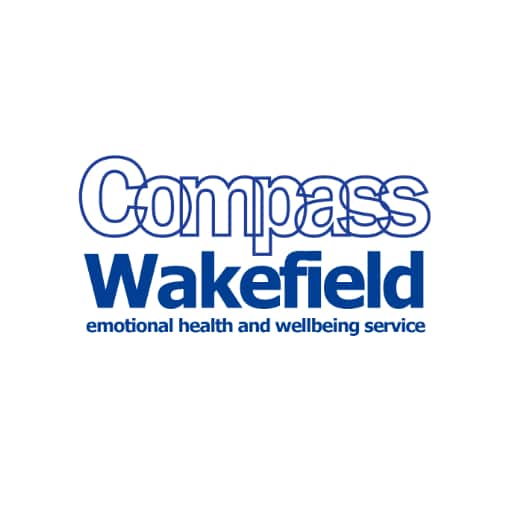
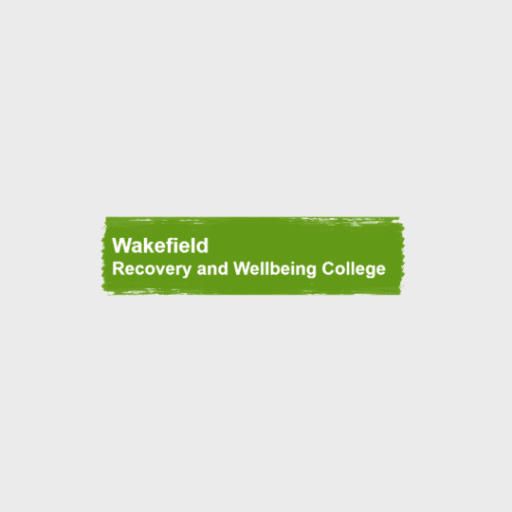
Wakefield Discovery College
Provides free courses and workshops that can help anyone aged 16-25 with their wellbeing and recovery journey.

